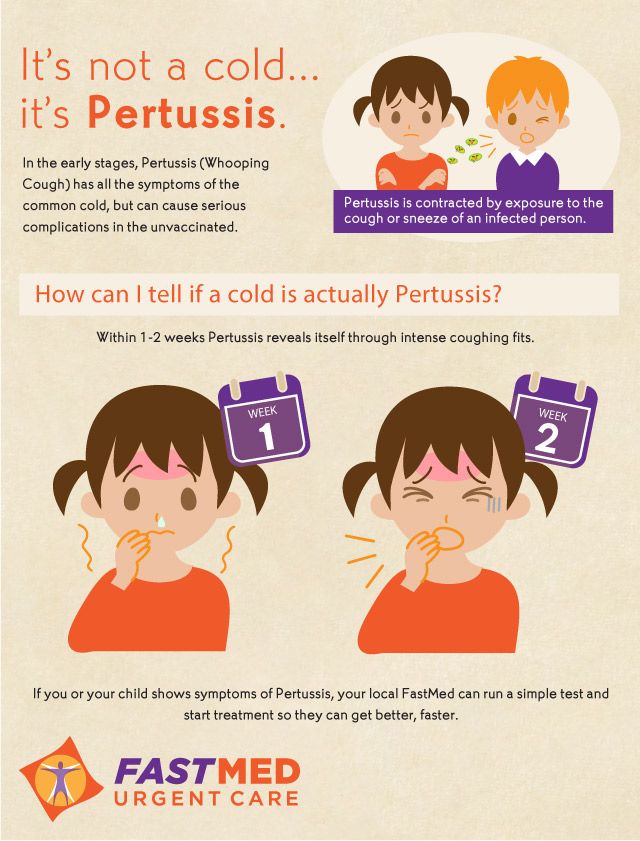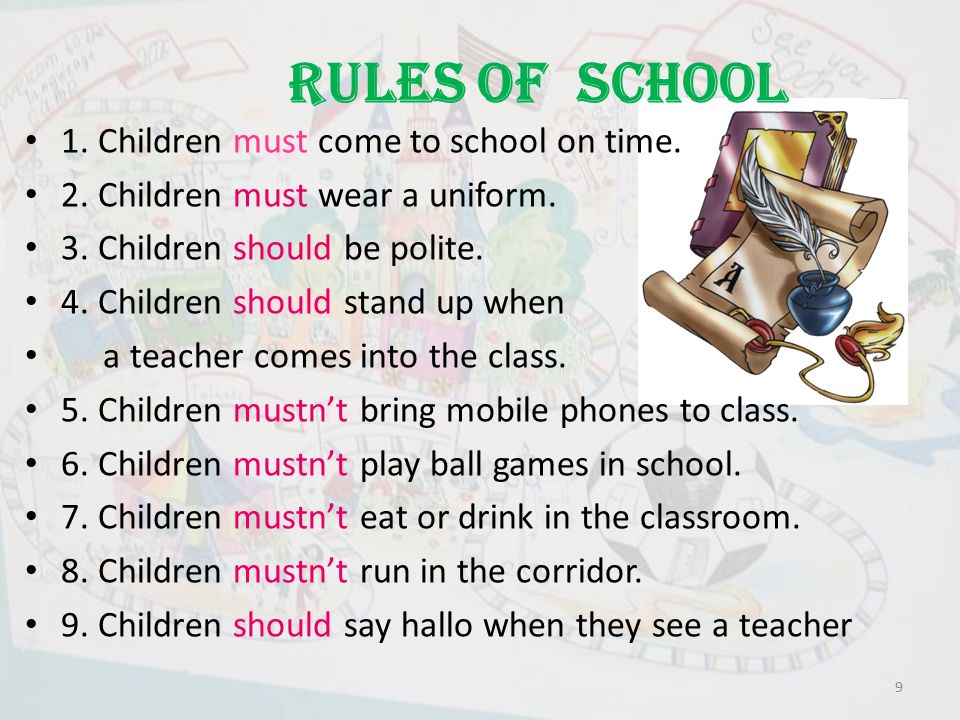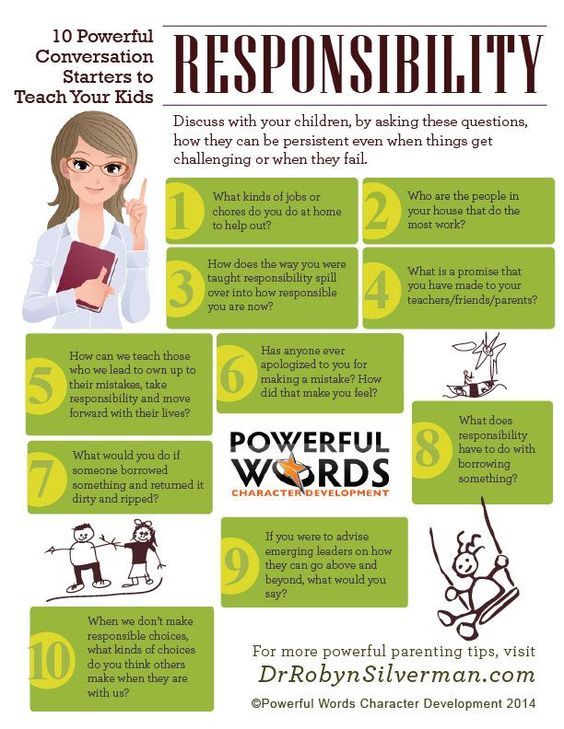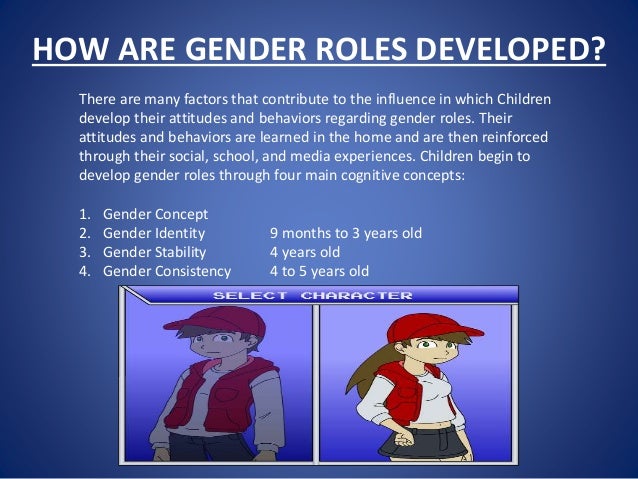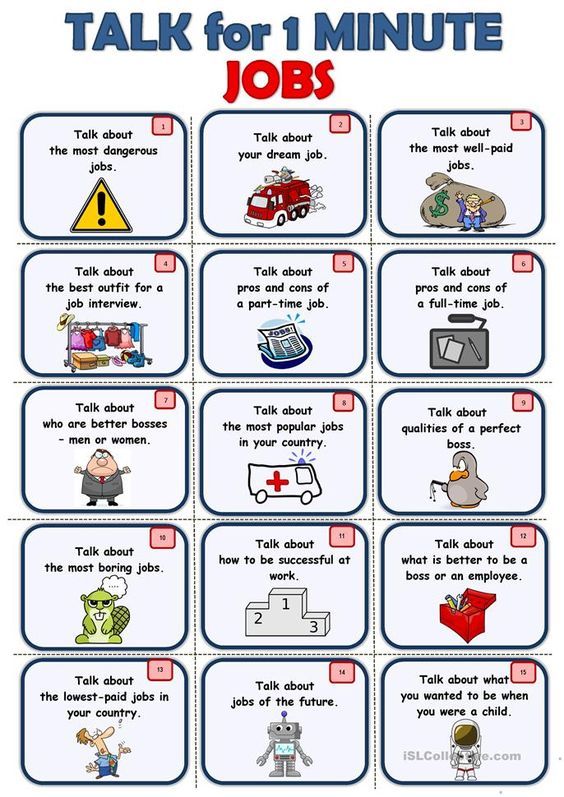How to punish a child for being disrespectful
10 Tips On How To Discipline An Angry Disrespectful Child
Why is my child angry and disrespectful?
There are two parts to this question – “why is your child angry” and “why is your child disrespectful”.
The second question is easier to answer than the first.
Anger can impact judgment and the perception of who is responsible for the negative events. When a child is angry, there is a sense of certainty that you are in the wrong1 and that perception makes it hard for them to show respect.
In addition, children’s emotional regulating skills are still under development. So it is very difficult for an angry child to act respectfully.
Adults can find handling their children’s anger puzzling, draining, and stressful.
When we were kids, we were taught that being angry was bad, and we were often punished or yelled at for expressing anger.
We were never taught how to deal with or express our anger properly. As a result, we often get angry ourselves when we are confronted with a child’s anger.
On top of that, the disrespect shown by kids at times like this makes it even more difficult for us to control our own emotions.
Now that we know where the disrespect comes from, let’s find out how we can deal with the angry child behavior using a science-based approach.
How to deal with an angry, disrespectful child
1. Do not become angry
Disrespectful child behavior may trigger your own anger.
You may feel like punishing your child or yelling, “How dare you talk to me that way!”
Using disrespectful responses to teach respect rarely works. Rude adults can escalate matters just as well as rude kids can.
You need to be a good role model. Show kids how to stay composed and respectful even in a distressful situation.
When a child is angry, he or she is experiencing big emotions. If you become angry at being disrespected, you ignore the feelings of your child while demanding that they attend to yours.
Children who can’t control their anger need our help to do so.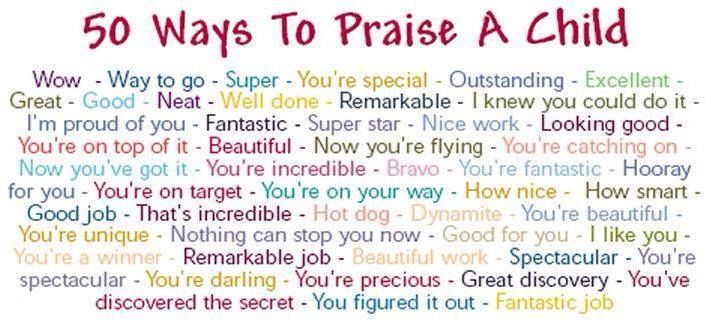 Focus on that rather than our own anger. Doing what’s best for our children is part of good parenting. Putting our own interests ahead of the kids’ is not.
Focus on that rather than our own anger. Doing what’s best for our children is part of good parenting. Putting our own interests ahead of the kids’ is not.
If you cannot stay calm in difficult situations like this, how can you expect a child with a developing brain and less emotional regulation skills to do so?
Also, emotions are contagious2. Your anger will fuel your child’s anger.
So, first and foremost, stay calm.
Parents play crucial roles in teaching their kids how to cope with challenges.
Take a slow, deep, and mindful breath if you have trouble maintaining calm. Clear your mind and focus on helping your child learn to deal with their anger first.
You can always come back and teach them about respect when the storm has passed and everyone is calm.
2. Make sure everyone is safe
In the event of extreme anger, out-of-control children may end up hurting others or themselves.
If your child is showing physical aggression, make sure they are in a safe area and others, especially other kids, are kept at a distance.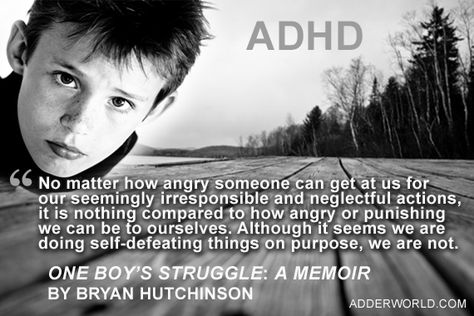
If your child is throwing things or hitting others, you will need to get physical control of them, for their safety as well as others.
Simply hug them tight and say, “I’m sorry. You probably don’t want a hug right now, but I need to keep you and other people safe and help you calm down. Now let’s work on it together. Take a slow, deep breath…”
3. Do not punish
To discipline a child is to teach. It is unnecessary to punish a child to achieve that, nor is it an effective way.
Punishment does not teach your child how to control their anger, and it creates a rupture in your parent-child relationship. It can only make things worse.
Physical punishment like spanking is especially harmful to a child’s development.
Spanking is not only proven to be ineffective at improving a child’s behavior, but it is also linked to 13 adverse outcomes, including aggression, mental health problems, impaired cognitive ability, and substance abuse3.
Some parents insist that punishment is necessary to teach kids about the consequences when a child is defiant and disrespectful.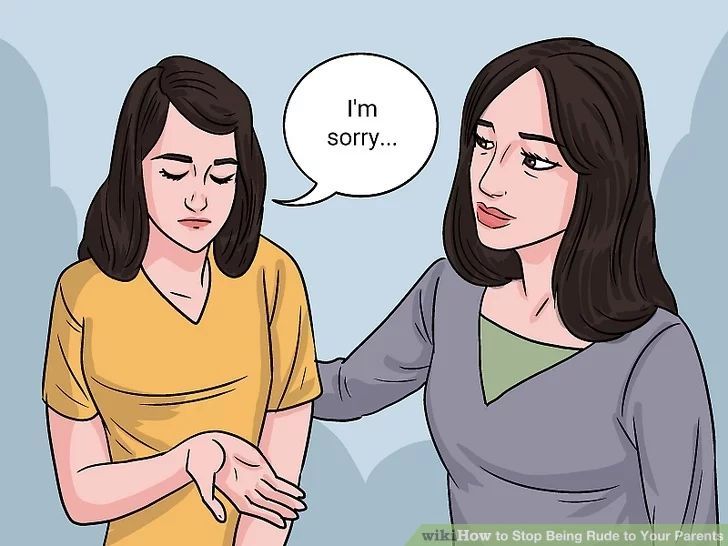
There are mountains of research studies proving that teaching works better than punishing when disciplining kids4.
If a parent knows about this but is still adamant about using punishment, there may be deeper issues. Are they really punishing to teach or to pay back for the anger the child has caused?
4. Acknowledge your child’s anger
Acknowledging your child’s anger means recognizing that your child has feelings, even if it’s one you don’t like. It is also about letting your child accept their own feelings.
Research shows that validating emotions is a better coping strategy than trying to suppress them5. Those who use acceptance as a coping mechanism have a better tolerance for emotional distress6.
To acknowledge your child’s anger, you can simply describe their feelings. “You are feeling very angry. It’s like I don’t care about your feelings.”
When acknowledging, one common mistake is to judge it or try to change it afterward.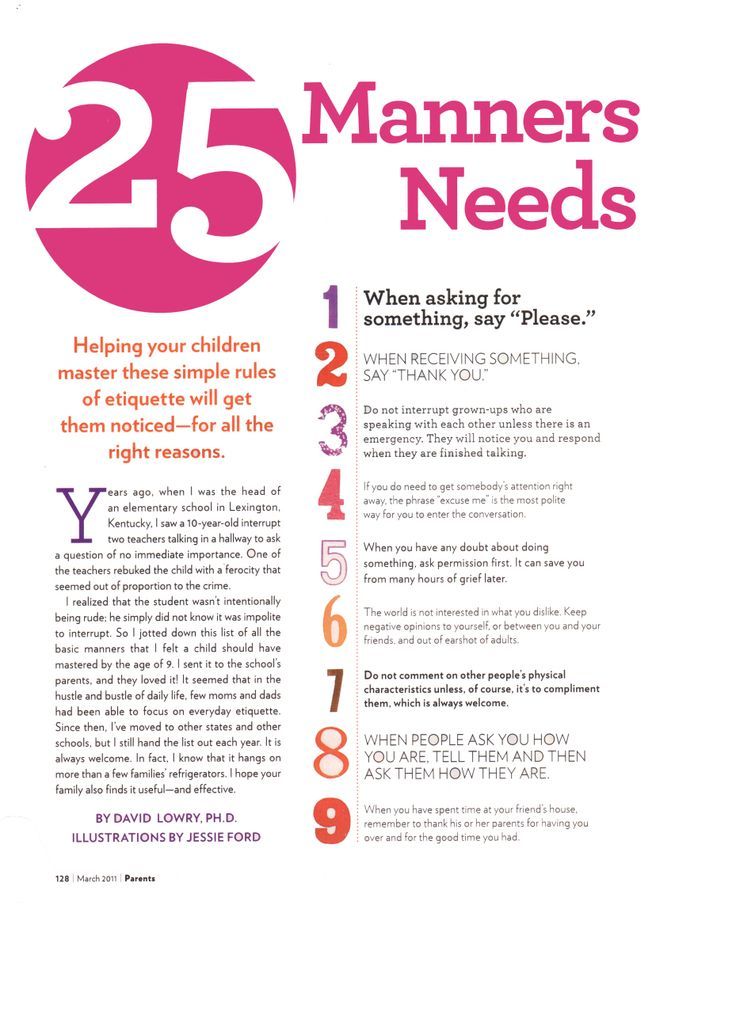 For instance, “You are feeling furious. It’s like I don’t care about your feelings, but that’s not true because… “
For instance, “You are feeling furious. It’s like I don’t care about your feelings, but that’s not true because… “
“But” is horrible.
Don’t add a “But…”.
Feelings are neither right nor wrong. If you try to change them or defend yourself, it’s still about you and you’re not respecting their feelings.
Oftentimes, children are angry not because they don’t get what they want, but because they don’t feel heard. By making it about what you think, you are not really acknowledging their feelings.
So, simply describe how they feel and leave it at that.
5. Ask questions to understand the source of anger
Find out the cause of anger issues in your child.
Sometimes, it’s a little thing that doesn’t go as planned. Sometimes, it is long-term pent-up anger caused by a strained parent-child relationship. Ask probing questions calmly to determine the cause.
“Are you angry because you just wanted a little snack before dinner? You were starving, but I didn’t let you, right?”
Or, “Are you angry because I always ignore what you need?”
When you ask questions, you teach your child to name and describe what they are experiencing so that they learn how to tell you instead of using rude and disrespectful behavior or making snide comments to get their point across.
Children can improve their emotional regulation by learning communication skills7. They will also learn an acceptable way to express their feelings and be heard.
There are other reasons why a child is angry. They may be using anger to avoid painful emotions such as feelings of failure, low self-esteem, loneliness, or anxiety. You can only find out by asking.
Continue probing gently to learn why they are so upset.
6. Offer help
Help them find an alternative solution if the anger stems from an unmet need.
If your kid is angry that they can’t have candy before dinner when they are hungry, suggest munching on crackers while they wait.
As much as possible, let your child choose. Of course, make sure the options are the ones you will allow when your child chooses either.
Anger that stems from a strained relationship between you and your child may need more work.
Offer to talk more with them and learn to listen to their needs rather than rejecting them outright.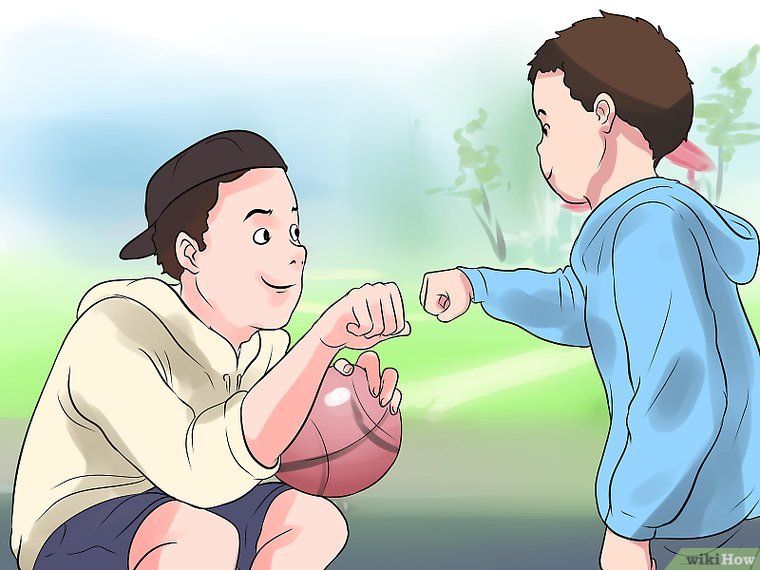 Work on repairing and building a healthy parent-child relationship.
Work on repairing and building a healthy parent-child relationship.
Help your kid develop a secure attachment by being a responsive parent.
Securely attached kids are better at regulating negative emotions8 and generally have better outcomes in life.
7. Teach emotional regulation skills
Offer to help your child by teaching them how to regulate their emotions.
Experiencing anger hurts, but when a person is experiencing intense emotions, letting go is difficult. Teach your child how to cope before it happens again.
Taking a deep, slow breath or counting backward from 10 is the easiest and most effective.
Talking about how they feel instead of exploding in outbursts is another viable way to deal with their anger.
Helping a child learn self-regulation will prevent them from becoming angry teenagers down the road.
8. Teach how to express objections respectfully
When all the dust has settled and everyone is calm, you can work on teaching them the correct behavior.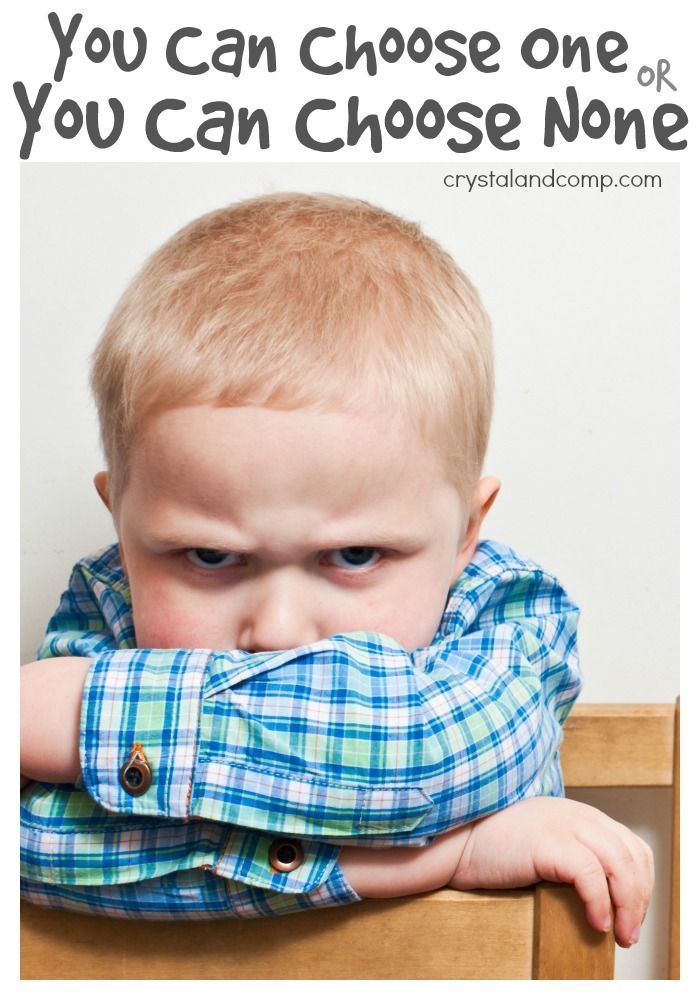
We cannot merely tell children what behavior we find unacceptable. We must also teach them appropriate ways to express their objection.
Come up with several ways they can use the next time they encounter such issues.
“Let me give you an example of what some children would do in this situation…”
Then practice! Simply saying, ‘Next time do this, not that” is not enough.
Ask them to practice by saying it out loud to help them commit it to memory.
9. Catch them being good
One of the best ways to motivate respectful behavior and reduce behavioral issues is to catch kids being good.
Reward positive efforts using positive reinforcement. Positive reinforcement, when done right, is a very powerful disciplinary tool that can help stop bad behavior in children.
Be observant and you will find many opportunities throughout the day to give your child positive attention.
Praise them when it happens, “Thank you for waiting for dinner patiently.
In addition, remind them to use the coping techniques they have learned when you see signs of disrespect or anger.
10. Be Patient
Be patient with your child. Like any new skill, controlling one’s temper takes time and practice.
Good discipline involves using reasoning and creating an environment of calm and respect.
Bad discipline uses harsh punishment, ridicule, and verbal attacks on the child.
To raise a respectful and conscientious person, they need to develop not only respect for others but also respect for themselves.
It may take years of patient practice, but when we genuinely show care, kindness, and respect, they will eventually learn how to treat others right.
For more on how to teach kids respect, check out this article: What Is Respect – 6 Highly Effective Ways To Teach Kids Respect
Final Thoughts On Angry Disrespectful Kids
Being able to recognize one’s emotions and regulate them properly is a learned skill that children are not born with.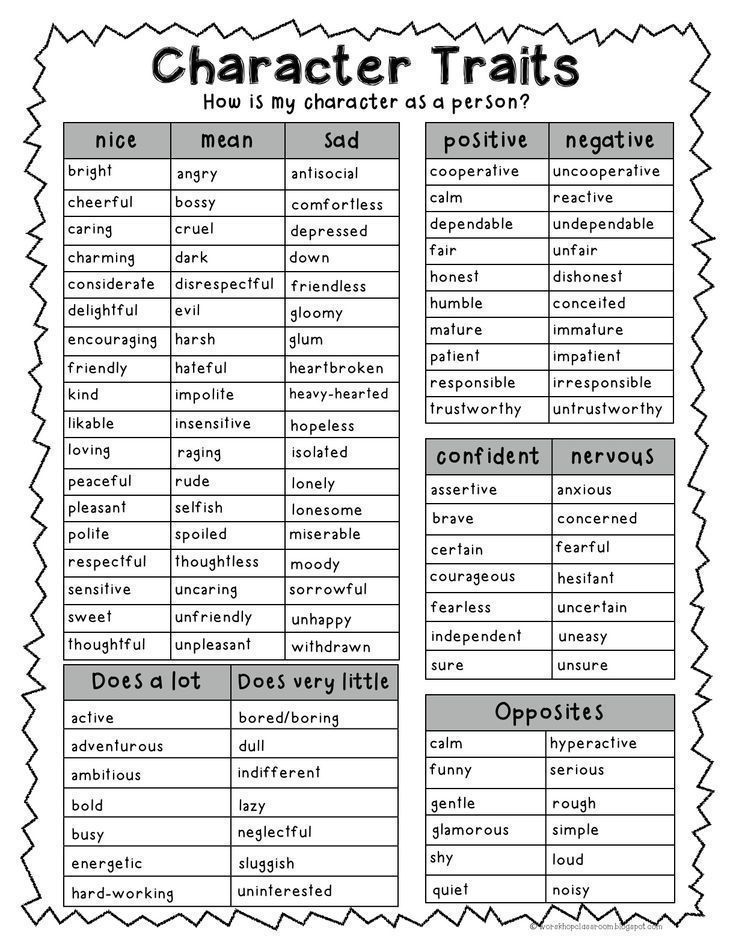
Having a child who shows disrespectful behavior doesn’t automatically mean you are a bad parent.
Being an effective parent also doesn’t mean having perfect children.
It means you are doing the best you can to connect with them and help your child grow into a healthy, well-adjusted, and thriving person.
Also See: Parenting
References
-
1.
Lerner JS, Keltner D. Beyond valence: Toward a model of emotion-specific influences on judgement and choice. Cognition & Emotion. Published online July 2000:473-493. doi:10.1080/026999300402763
-
2.
Hatfield E, Cacioppo JT, Rapson RL. Emotional Contagion. Curr Dir Psychol Sci. Published online June 1993:96-100. doi:10.1111/1467-8721.ep10770953
-
3.
Gershoff ET, Grogan-Kaylor A. Spanking and child outcomes: Old controversies and new meta-analyses.
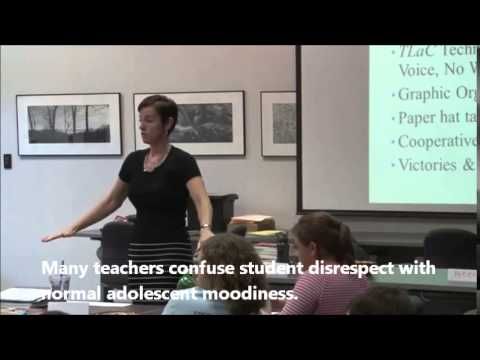 Journal of Family Psychology. Published online 2016:453-469. doi:10.1037/fam0000191
Journal of Family Psychology. Published online 2016:453-469. doi:10.1037/fam0000191 -
4.
Krevans J, Gibbs JC. Parents’ Use of Inductive Discipline: Relations to Children’s Empathy and Prosocial Behavior. Child Development. Published online December 1996:3263. doi:10.2307/1131778
-
5.
Alberts HJEM, Schneider F, Martijn C. Dealing efficiently with emotions: Acceptance-based coping with negative emotions requires fewer resources than suppression. Cognition & Emotion. Published online August 2012:863-870. doi:10.1080/02699931.2011.625402
-
6.
Hofmann SG, Heering S, Sawyer AT, Asnaani A. How to handle anxiety: The effects of reappraisal, acceptance, and suppression strategies on anxious arousal. Behaviour Research and Therapy. Published online May 2009:389-394. doi:10.1016/j.brat.2009.02.010
-
7.
Roben CKP, Cole PM, Armstrong LM. Longitudinal Relations Among Language Skills, Anger Expression, and Regulatory Strategies in Early Childhood.
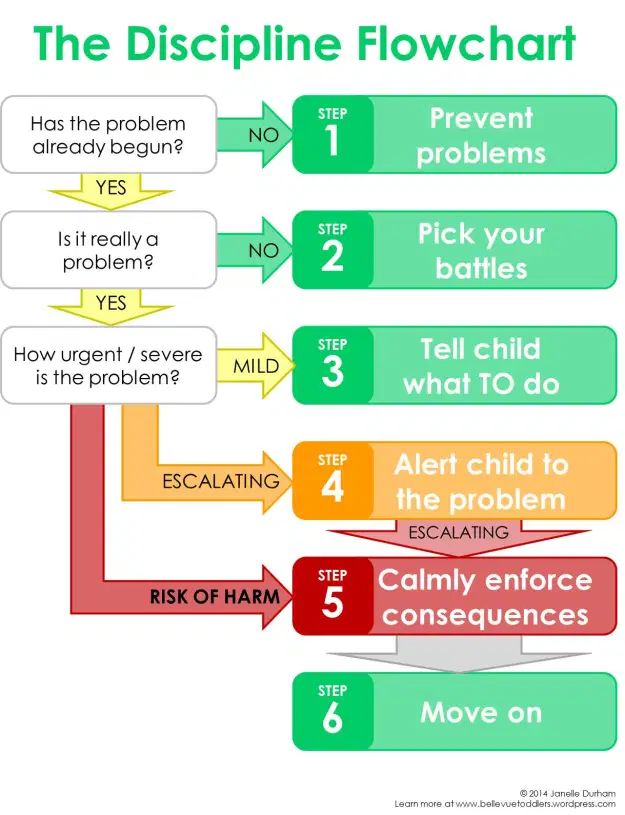 Child Dev. Published online December 20, 2012:891-905. doi:10.1111/cdev.12027
Child Dev. Published online December 20, 2012:891-905. doi:10.1111/cdev.12027 -
8.
Brumariu LE. Parent-Child Attachment and Emotion Regulation. New Directions for Child and Adolescent Development. Published online June 2015:31-45. doi:10.1002/cad.20098
About Pamela Li
Pamela Li is a bestselling author. She is the Founder and Editor-in-Chief of Parenting For Brain. Her educational background is in Electrical Engineering (MS, Stanford University) and Business Management (MBA, Harvard University). Learn more
View all posts by Pamela Li | Website
How to Handle Disrespectful Children
A recent viral video of a group of pre-teen kids bullying and berating an elderly bus monitor showed us just how pervasive it is in society for children and teens to be rude and disrespectful to adults. Sadly, this kind of behavior from kids is everywhere, and it only seems to be getting worse.
Parenting is not a popularity contest.
You need to be in control and you need to set some limits. Your child is not your partner or your peer.
Some of it can be chalked up to the fact that our culture—movies, music, internet sites and television—often glorifies disrespectful, crude or even cruel behavior. Kids are taught by pop culture to think it’s cool to talk back and put down parents and teachers.
Added to this dynamic is the fact that Baby Boomers and Gen Xers are generally less authoritarian and more submissive than prior generations were, and therefore much less likely to say no to their kids.
On top of this, stress levels are extremely high—in most households, both parents are working and might be worried about jobs, bills and other financial or personal strains. Many (if not most) parents are simply unable to devote the time and attention that it takes to sit down and thoroughly handle every situation that comes up with their kids.
When Did My Child Turn into a Pill?
Disrespectful behavior—cursing, yelling, arguing, ignoring you, refusing requests, name-calling—is a kind of wakeup call to parents.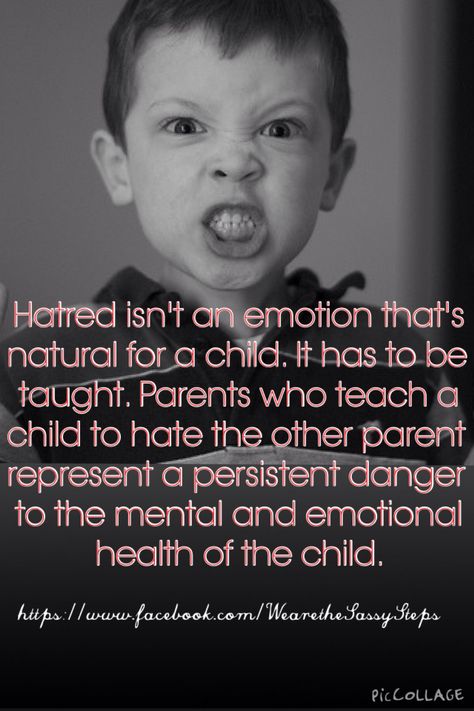 It’s telling you that you need to be in control of the situation more and set better limits. This is a process that happens over time. Once you change how you respond to your kid’s disrespectful behavior, it doesn’t mean that their behavior is going to change right away. It takes time and you will need to stick with it.
It’s telling you that you need to be in control of the situation more and set better limits. This is a process that happens over time. Once you change how you respond to your kid’s disrespectful behavior, it doesn’t mean that their behavior is going to change right away. It takes time and you will need to stick with it.
Before I tell you how to handle disrespectful behavior in your child, let’s talk a little about what’s going on with them.
If your kid has suddenly started talking back, rolling her eyes and copping an attitude, as annoying and difficult as it is to deal with, disrespectful behavior is actually a normal part of adolescence. In fact, if it shows up all of a sudden, it probably is just adolescence—your child’s way of pushing away from you and “individuating”, or working at separating from you and becoming their own person. This is a painful thing to do—not that most adolescents would admit it!
The truth is, it’s difficult to push away from your parents and move toward adulthood. Sometimes it’s easier for kids just to be rude and disrespectful—but of course, that’s not acceptable behavior!
Sometimes it’s easier for kids just to be rude and disrespectful—but of course, that’s not acceptable behavior!
Disrespectful behavior often comes down to kids having poor problem-solving skills and a lack of knowledge about how to be more respectful as they pull away. Often when kids separate from you they do it all wrong before they learn how to do it right. Finding one’s self is a lifelong process, and your job as a parent is to teach your child how to behave appropriately and to be respectful toward others as they grow up.
If your child has been disrespectful most of their life and it’s not just something that came on primarily in adolescence, then it’s much harder to handle. A change needs to happen in how you manage their behavior, and change is always tough. Even if you haven’t been good at setting limits or teaching your child to be respectful along the way, understand that you can decide to parent differently at any point in your life.
When my son was in high school, he asked to go to a concert and we said “no” because, among other things, he and his friends were planning to drive out of state for it and sleep in his car afterward.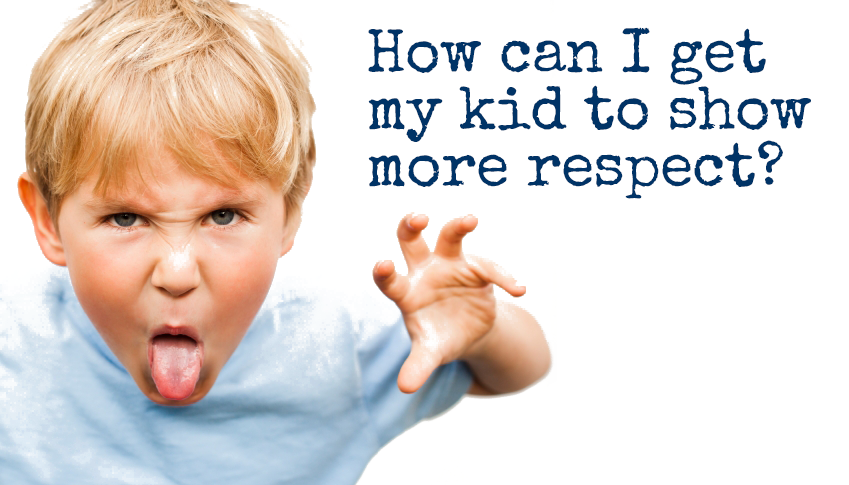 Our son was rude and disrespectful as he walked away from us and yelled “I hate you!” before slamming his bedroom door. We took his car keys away because we didn’t want him to drive until we’d resolved the issue. We said, “When you’re calm, come downstairs and we’ll talk about it.” Later we sat down with him and explained that he didn’t have to like what we’d decided and that it was okay to be angry with us, but it was not okay to show that kind of behavior. This was a painful incident for all of us, but we made sure not to get pulled into a power struggle with him over it.
Our son was rude and disrespectful as he walked away from us and yelled “I hate you!” before slamming his bedroom door. We took his car keys away because we didn’t want him to drive until we’d resolved the issue. We said, “When you’re calm, come downstairs and we’ll talk about it.” Later we sat down with him and explained that he didn’t have to like what we’d decided and that it was okay to be angry with us, but it was not okay to show that kind of behavior. This was a painful incident for all of us, but we made sure not to get pulled into a power struggle with him over it.
It’s inevitable that at times our kids are going to be angry at us, and that we’re going to set some limits that they don’t like. But that’s okay—that just means you’re doing your job as a parent. Here are 5 rules that will help you handle disrespect:
1. Don’t Take It Personally
I know this is a hard one, but try not to take what your child is saying or doing personally. This behavior really is all about them individuating, and not about you.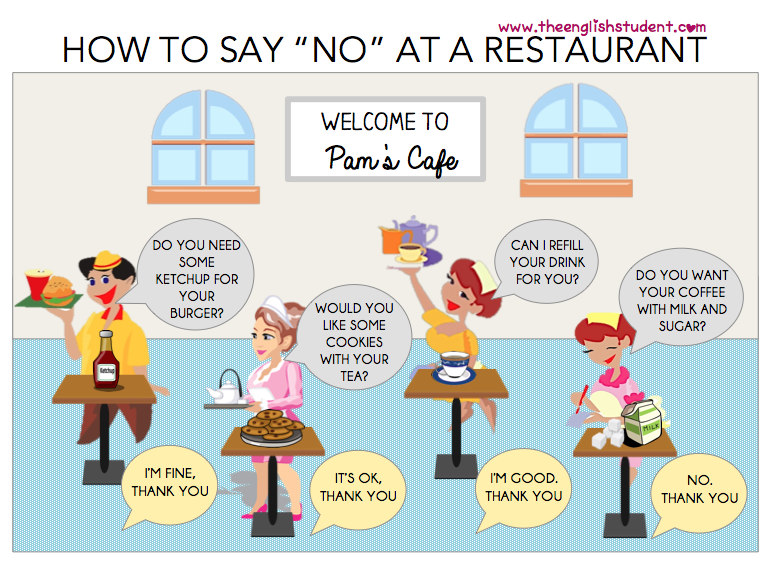
Instead of allowing yourself to feel hurt or angry (which is a surefire way to get pulled into a power struggle), be clear and direct with your child. If they’re being mildly sassy and starting to push some boundaries, you can say, “Don’t talk to me that way, I don’t like it,” and then turn around and walk away. Tell them the behavior is wrong and then disengage from them.
If your child’s behavior warrants a consequence, you can say, “It’s not okay to call me names or swear when I tell you can’t go to your friend’s house. I’m taking your cell phone for two hours. During that time, you need to show me you can behave respectfully to people in this house. If you swear or are rude again, the two hours will start over.”
Remember, it doesn’t matter if your child likes you right now. This is about doing the right thing, and asking yourself, “What do I want to teach my child?”
Parenting is not a popularity contest. You need to be in control and you need to set some limits.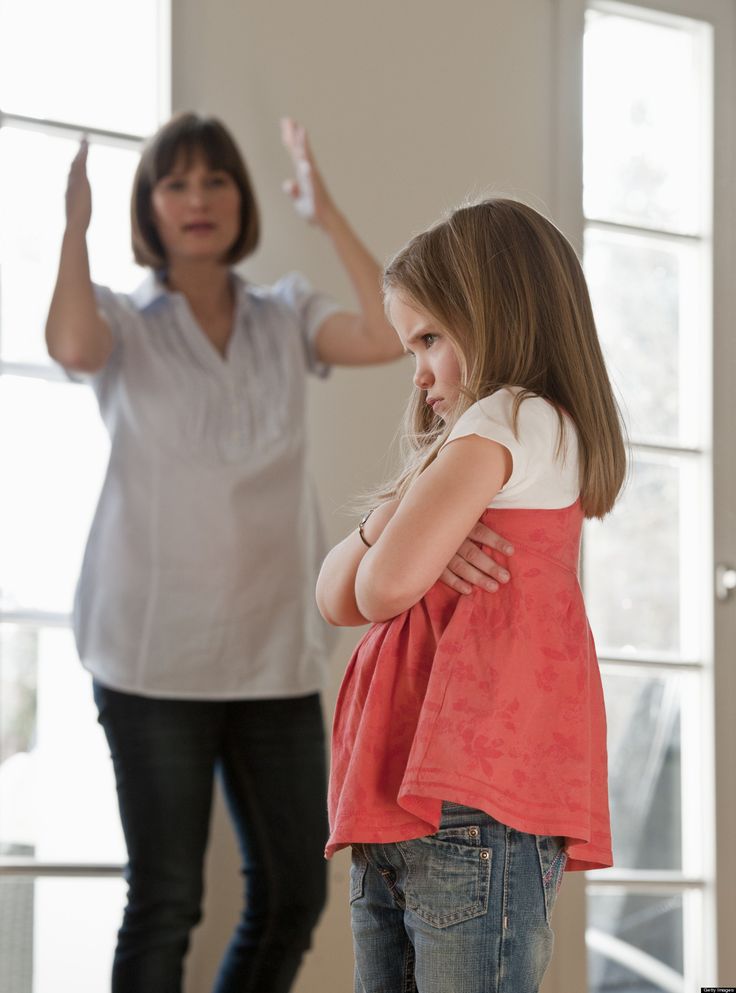 Your child is not your partner or your peer. Your role as parent is vital—you are in charge and your child is relying on you to lead the way.
Your child is not your partner or your peer. Your role as parent is vital—you are in charge and your child is relying on you to lead the way.
2. Be Prepared
Know that some rude or disrespectful behavior is normal in adolescence, and be prepared for it. If it’s already happened once, you need to anticipate that it may happen again and then plan what you’re going to do about it. State your limits, then turn around and walk away. Remember, you don’t have to attend every fight—or power struggle—your child invites you to.
If your child has been extremely disrespectful because they really haven’t had limits around that behavior, this will take real work. Once you’ve set a limit and responded appropriately to the disrespect, again, do not get pulled into the power struggle. If you can do this once, it makes it easier to do it again. Just say to yourself, “As a parent I’m doing the right thing by setting these limits.”
Where should you draw the line with disrespectful behavior? I think every parent has a different line for their kids, and you’re going to know what that line is.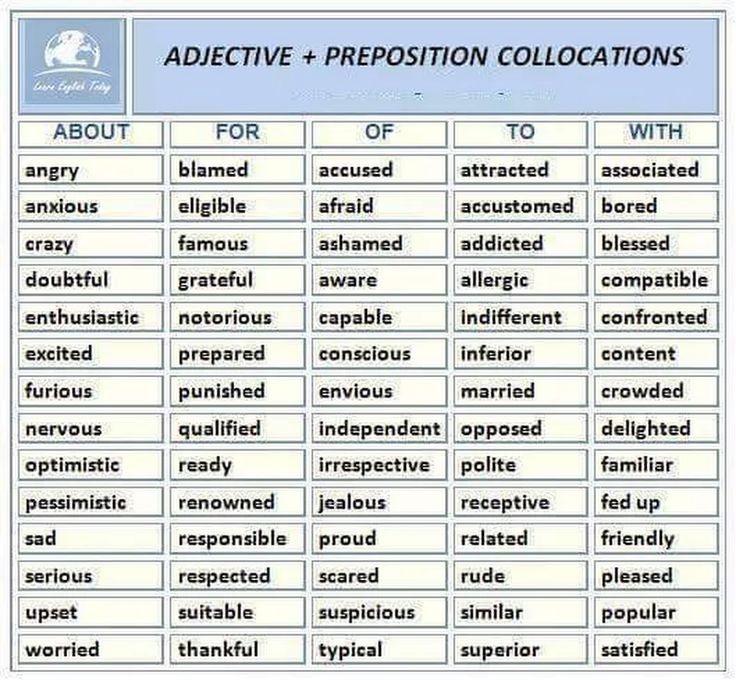 Plan ahead and let your child know. You can say, “You swore at me the last time I said you couldn’t go to a concert. I don’t want you to do that again. If you do, there will be a consequence.” If there is an incident, be sure to talk with them once everybody cools down. Set limits when everyone is calm rather than in the heat of the moment.
Plan ahead and let your child know. You can say, “You swore at me the last time I said you couldn’t go to a concert. I don’t want you to do that again. If you do, there will be a consequence.” If there is an incident, be sure to talk with them once everybody cools down. Set limits when everyone is calm rather than in the heat of the moment.
3. Avoid Power Struggles at All Costs
Once you’re embroiled in a power struggle, you’ve lost. But what do you do when your kid is swearing in your face, calling you names, ignoring you or trying to boss you around? That’s where that internal dialogue is so important. Don’t take it personally.
Your job is to parent your child and teach him to behave differently. I think most of us have triggers when our kids are disrespectful and then we end up getting sucked into arguments with them. If your child has drawn you into a fight with disrespectful behavior in the past, be prepared that he will try to do it again. And then know what you’re going to do next time. Are you going to set a limit? Are you going to make your statement, give the expectations and not get caught up in your child’s words? Plan ahead. You might decide to give a consequence for the behavior and then have a follow-up discussion about what happened.
Are you going to set a limit? Are you going to make your statement, give the expectations and not get caught up in your child’s words? Plan ahead. You might decide to give a consequence for the behavior and then have a follow-up discussion about what happened.
The goal is that you teach your child to behave differently. Let’s face it, there’s nothing worse than going through life treating people badly—it won’t help your child function in the real world if he’s allowed to be rude and disrespectful. Kids have to get the message.
4. Be Determined
If you want things to be different, you’ll have to make up your mind to do them differently and stick with it. It’s hard at first, but it’s really rewarding when things begin to change. James and I used to jokingly say that kids are like uncivilized little barbarians—it’s our job, as parents, to teach them a more respectful way to deal with problems. Decide today that you are going to start doing things differently.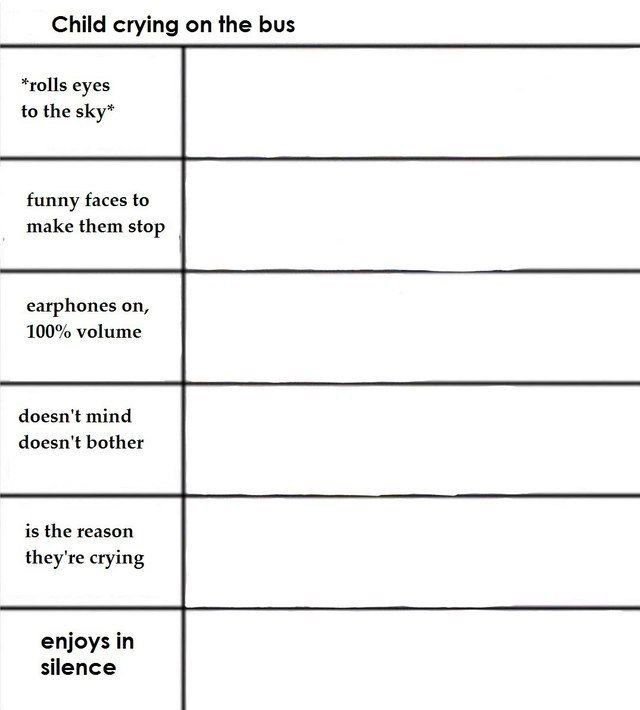
5. Be a Teacher and Coach
It’s your job to teach your kids to behave more respectfully and manage frustration better. The three crucial roles for you to play as a parent are Teacher, Coach and Limit Setter. We teach them how to behave, we coach them (and encourage them) when they get it right, and we set limits when they get it wrong. These three roles are really the key to being an effective parent.
Remember, the goal is for kids to be able to function in the real world and go on to be responsible adults who can live on their own. We basically want all the things for our kids that our parents wanted for us: to be financially and emotionally able to function successfully on their own. It’s our job as parents to teach and guide our kids to become more functional. If they don’t learn how to be respectful to others growing up, it’s much harder to learn as an adult. Change is hard but it can happen at any time. When you want things to be different, you just have to do some work.
Related Content: Do Your Kids Disrespect You? 9 Ways to Change Their Attitude
How to properly punish a child: 10 important rules
One of the eternal questions of parents, a cause for anxiety and worry, heated discussions and disputes - should children be punished or not? And if yes, then how to do it right, so as not to harm the unstable child's psyche? And if you do not punish, then where is the guarantee that the child will not grow up as a spoiled egoist, ready at any moment to sit on the neck of kind-hearted parents and turn into a real tormentor? About this "Oh!" said family psychotherapist and clinical psychologist Maria Merolaeva. nine0003
Maria Merolaeva, clinical psychologist, family psychotherapist
Some parents believe that a child is a source of sins and vices, it is necessary to punish him, using physical force, not sparing, otherwise nothing good will grow out of him. As a rule, they defend their position by saying that “we were beaten in childhood, and we grew up to be good people”, citing as an example those who grew up “not very”, which means, most likely, “they beat us a little”. The meaning of such a model of education is to subordinate the will of the child to himself, "so that he does not do stupid things." nine0003
The meaning of such a model of education is to subordinate the will of the child to himself, "so that he does not do stupid things." nine0003
The other extreme is to avoid any punishment, justifying it by saying that the child is “small, he just doesn’t understand what he is doing, he doesn’t do it on purpose, you just need to be able to negotiate with him” and so on. Thus, parents, without noticing it themselves, remove responsibility from their child. This model has become widespread in connection with the growth of the "value of the child" and denies the very idea of \u200b\u200bthe family hierarchy.
In fact, neither the first nor the second option is allowed. It is impossible to use physical and moral violence (to threaten, not to talk, blackmail, shout) to a child in any case. Of course, there are cases when a parent, under the influence of emotions, loses control and can spank or raise his voice, but deliberately making a child suffer means not leaving him a chance to develop such feelings as compassion, regret, not giving him the opportunity to realize that he is important and expensive.
nine0003
Most often, parents leave the child completely unpunished, who are afraid of offending him, harming him, perhaps giving in to children's tantrums and anger, trying by any means to minimize their manifestations, or in the case of pedagogical neglect, when there is simply no strength to educate and it is easier to be allowed to do whatever you want than to try to change the behavior of the baby.
To figure out how to punish a child in a way that makes sense, you need to understand what punishment is, what is its purpose? What do we as parents want to achieve by punishing our children? nine0003
Etymologically, the word "punishment" comes from the verb "to show" - that is, to instruct, show. Then it is logical that "punishment" is something that we use to direct the child on the right path, to outline for him the boundaries of what is permitted. As a rule, when punishing, we want the best for our children - so that they understand what is good and what is bad, grow up as "real", "worthy" people, do not make irreparable mistakes in their lives, become better than us.
Then the next question is: what should be the punishment for the child to really realize that he did wrong, learn from what happened and learn from the experience? Will we achieve these lofty goals by raising a child with the help of carrots and sticks? Of course not. The only thing we can teach with such methods is to be afraid of punishments and parents, to try to earn encouragement, rewards - and all this without really thinking about what happened.
In order for punishment to be useful, and not just a way to relieve an upset, tired, helpless parent, the following rules must be observed:
-
The main rule stems from the basic need that every child has - the need for affection. A parent for a child is, first of all, a source of protection, children need the care of a strong and responsible adult who is a priori higher and dominates, but not in order to subjugate and oppress, but in order to help and protect. When a secure attachment is formed, a very close bond is established between the child and the parent, which greatly simplifies the interaction and makes the baby obedient.
 When punishing a child, it is important to maintain a respectful attitude towards him. nine0003
When punishing a child, it is important to maintain a respectful attitude towards him. nine0003 -
In order for the lesson to be learned, the child, first of all, must understand, realize what he is wrong about, feel the consequences of his misconduct. And these consequences are not the belt or the cry of an angry parent, not the deprivation of sweets or the prohibition to leave the house. It is something that follows directly from what has been done. For example, if you were late home and didn’t call, it means that you don’t know how to plan your time and it’s too early for you to go out in the evenings with friends. You scream and cry on the playground or in the store - I'm very sorry, but it spoils my mood so much that now I don't want to continue the walk anymore and we will have to return home. If you didn’t do your homework on time, then you have to do it before going to bed instead of a cartoon or evening reading. If you offended someone and did not apologize, then they will no longer want to play with you.
 The essence of this method is that for every action the child receives a response from life itself. This helps him gain an orientation in how the world works. It is this tactic that teaches children to anticipate the consequences of their actions in the future, to feel regret for what turned out badly. nine0003
The essence of this method is that for every action the child receives a response from life itself. This helps him gain an orientation in how the world works. It is this tactic that teaches children to anticipate the consequences of their actions in the future, to feel regret for what turned out badly. nine0003 -
Under no circumstances should a child have doubts that his parents love him for who he is. He must understand that he will be accepted regardless of his actions. That is why when punishing, it is important to focus on the offense, and not on the personality characteristics of the child. If, for example, a kid, while playing with food, spills soup, you should not tell him that he is a "blunder" - just explain why his act is bad and offer him a cleaning rag to consolidate the experience gained. nine0003
-
When punishing a child, focus on staying in an adult position. If at the moment of a conversation with a child the parent feels irritation or despair, this means that he has been knocked out of the position of an adult.
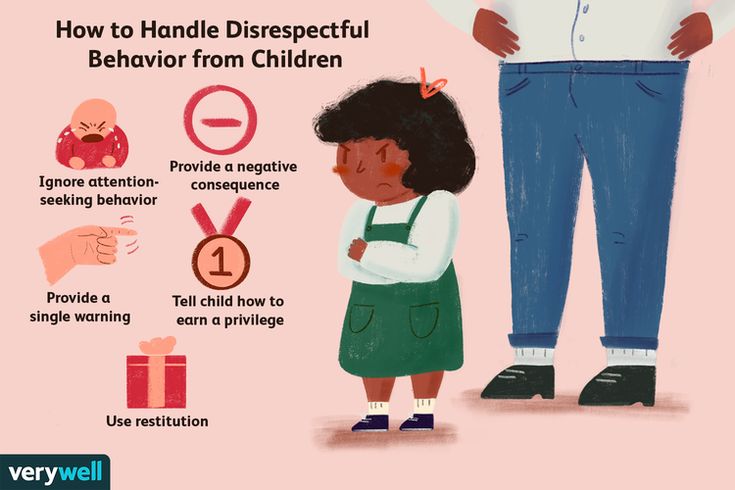 This often happens when children's tears, whims and tantrums awaken the inner child in us - then we become helpless. In this case, you should ask yourself the question "How old am I now?", step aside, cool down a bit and only after that return to the conversation. For example, in a situation where a child refuses to turn off the TV, but a large number of cartoons is definitely not good for him, a mother from an adult position can say this: “I'm sorry, but I can't let you watch the second cartoon, because if you watch two in a row, then you have a tantrum, and everyone’s mood deteriorates.” nine0003
This often happens when children's tears, whims and tantrums awaken the inner child in us - then we become helpless. In this case, you should ask yourself the question "How old am I now?", step aside, cool down a bit and only after that return to the conversation. For example, in a situation where a child refuses to turn off the TV, but a large number of cartoons is definitely not good for him, a mother from an adult position can say this: “I'm sorry, but I can't let you watch the second cartoon, because if you watch two in a row, then you have a tantrum, and everyone’s mood deteriorates.” nine0003 -
Be consistent, consistent and predictable in your demands and reactions. This means that within the family there must be some unified concept of what is possible, what is not, what is good and what is bad. The child must be initiated into the nuances of this concept and firmly know what he can be punished for. At the same time, the way the parents react should not depend on the mood, the weather outside the window and the time of year.
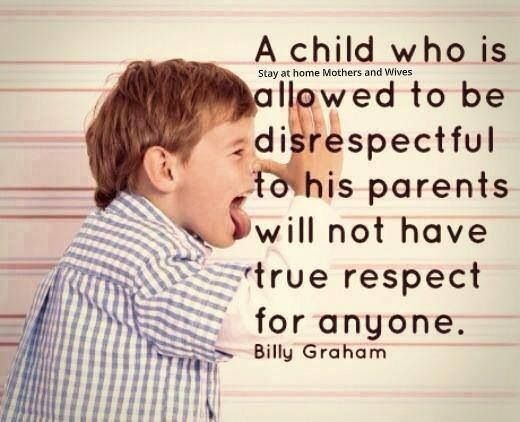 For example, if a mother in a good mood asks a child to turn off the TV, and he starts to act up and does not turn it off, she, smiling, allows him to continue. But in the same situation, if the mother is in a bad mood, she starts to quarrel, scream and most likely punish the baby. In this state of affairs, the child is simply not able to learn what he can and cannot do. nine0003
For example, if a mother in a good mood asks a child to turn off the TV, and he starts to act up and does not turn it off, she, smiling, allows him to continue. But in the same situation, if the mother is in a bad mood, she starts to quarrel, scream and most likely punish the baby. In this state of affairs, the child is simply not able to learn what he can and cannot do. nine0003 -
It is very important to use so-called "temporary" language, rather than permanent language, when talking to a child about bad behavior. For example, “You just broke a toy, now you have to play without it for a while” instead of saying “You always break everything! I will never buy you toys again.” Using words such as “never, never, to anyone,” you risk not fulfilling this promise and losing trust.
-
Punishment must be age-appropriate. It is useless to try to explain something and give lectures to a two-year-old kid, because he is simply not able to learn what you are telling him about and cannot concentrate voluntary attention for more than five minutes.
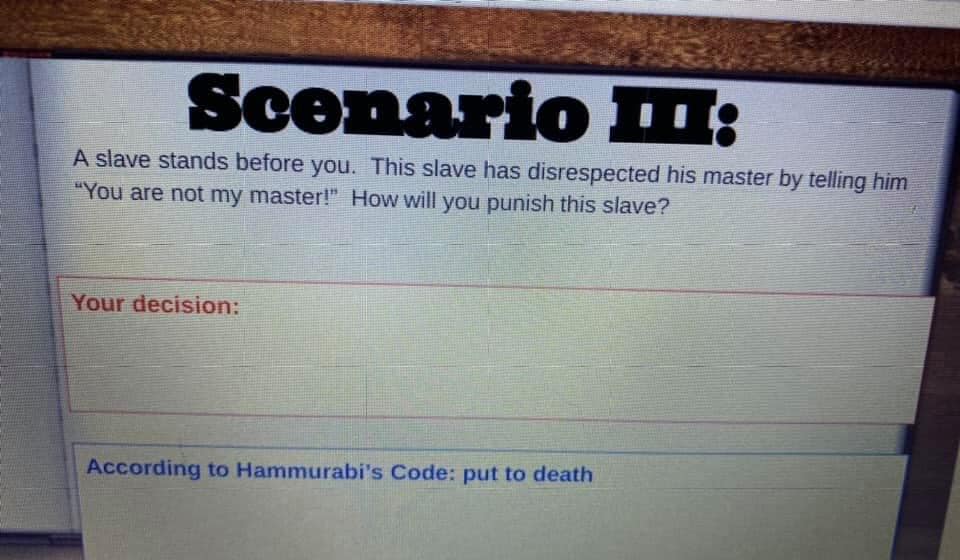 In the same way, it does not make sense as a punishment to forbid a teenager to eat sweets. nine0003
In the same way, it does not make sense as a punishment to forbid a teenager to eat sweets. nine0003 -
Punishment must be just and proportionate to the seriousness of the act.
-
In no case should you frighten and intimidate a child - this is a sure way to teach him to lie and get out.
-
Always, under any circumstances, remember the greatest value that we have - the emotional connection with the child. After all, if you think about it, it becomes obvious that not a single spoiled sofa or a bad mark at school, an extra 30 minutes at the computer or a lost phone is worth breaking this connection, darkening the image of the inner parent that each of us hears somewhere in soul when it needs protection, support, love and acceptance. nine0003
Read also:
If parents are perfectionists: 6 injuries from childhood
From what age the child needs his own smartphone: Psychologist's opinion
Photo: Antonio Guillem/Shutterstock
Psychology of Psychology of Psychology of Psychology of Psychology
Disrespectful attitude of children towards parents - how to fix it
home
Parents
How to raise a child? nine0003
Disrespectful attitude of children towards parents - how to fix it
- Tags:
- Expert advice
- parenting techniques
- family relationships
- development problems
- respect
- dialogue
It is not uncommon for children to be rude or disrespectful towards their parents.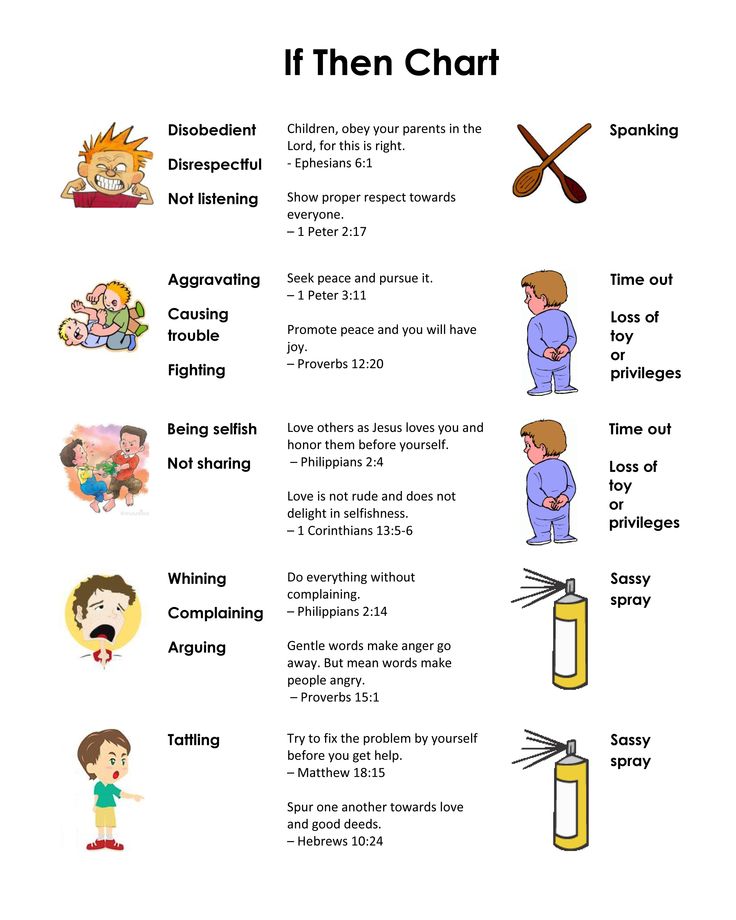 Someone is faced with such behavior of a child when he enters adolescence, while for someone it is much earlier. So baby 9-10 years old suddenly starts being rude to parents, yelling at them, arguing and snapping, and punishments often do not work, but only aggravate the situation.
Someone is faced with such behavior of a child when he enters adolescence, while for someone it is much earlier. So baby 9-10 years old suddenly starts being rude to parents, yelling at them, arguing and snapping, and punishments often do not work, but only aggravate the situation.
The first thing to do is to understand the reasons for such behavior.
Determine the causes
Disrespectful attitude towards parents by children in most cases - attracting attention . And if the child does not get what he wants, then he will continue to scream and be rude.
Situation: Mom is talking, for example, with a neighbor / girlfriend / father, and the child constantly interrupts her, distracts and pulls, and even tries to shout down.
Incorrect Reaction: Raised voice in response, rudeness and punishment, such as isolation in another room. In this case, the child may lose control of himself even more, become aggressive and even shout out phrases like “I hate you,” etc. Sorry honey, I'm busy right now. I'll talk and you'll ask me all your questions. Wait please". Naturally, after the end of the conversation, it is necessary to pay attention to the child and find out what he wanted. Later, when the moment is right, it should be discussed why interrupting and getting attention in this way is disrespectful behavior. And using the example of life situations to explain what respect for other people is and why it is important. nine0003
Sorry honey, I'm busy right now. I'll talk and you'll ask me all your questions. Wait please". Naturally, after the end of the conversation, it is necessary to pay attention to the child and find out what he wanted. Later, when the moment is right, it should be discussed why interrupting and getting attention in this way is disrespectful behavior. And using the example of life situations to explain what respect for other people is and why it is important. nine0003
Very often what an adult perceives as disrespect due to his experience and formed moral principles, a child does unconsciously , under the influence of emotions, when he feels hurt, helpless or angry. He expresses his feelings as best he can! How to develop the emotional intelligence of a child - in the article "How to teach children to express emotions correctly."
Parents often take it for disrespect the child's attempts to protect himself . He says with all his behavior: "No! Don't do this to me!" or "I don't want this!" In this situation, dialogue is needed.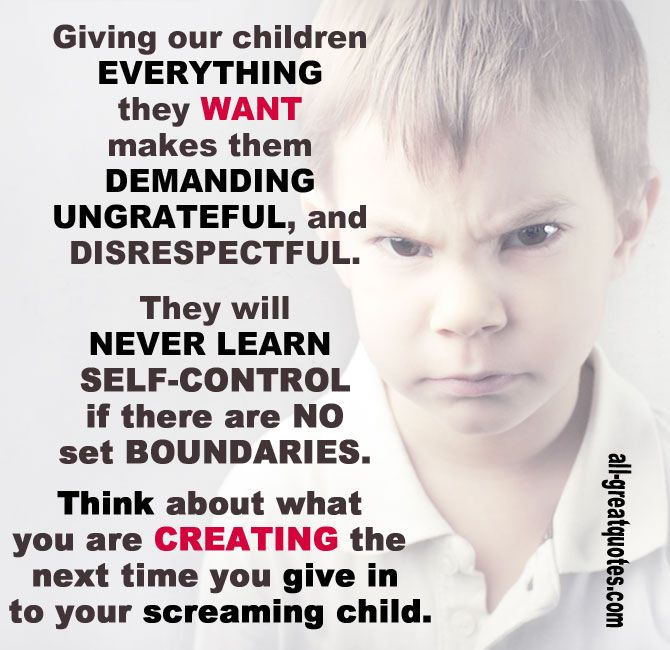 For example, “I understand that you are angry that you will not meet a friend today, but let's calm down and we will discuss this again. I really need your help today, and you will have the opportunity to chat with a friend on the weekend, ”etc. To the extent that it’s realistic to give the child time to calm down: “I’m going to make tea now, and when you’re ready to talk to me, we'll discuss everything." nine0003
For example, “I understand that you are angry that you will not meet a friend today, but let's calm down and we will discuss this again. I really need your help today, and you will have the opportunity to chat with a friend on the weekend, ”etc. To the extent that it’s realistic to give the child time to calm down: “I’m going to make tea now, and when you’re ready to talk to me, we'll discuss everything." nine0003
It should also be taken into account that rudeness and disrespect can be the result of some completely different reasons that are not directly related to the parents. The child may have difficulties at school or conflict with peers. Helplessness and confusion can cause aggression towards others.
Read also
Parenting and emotions: an important connection
Developing emotional intelligence
How to respond to disrespectful child behavior?
How often and how vividly situations of disrespectful attitude towards them will be repeated in the future largely depend on the reaction of parents.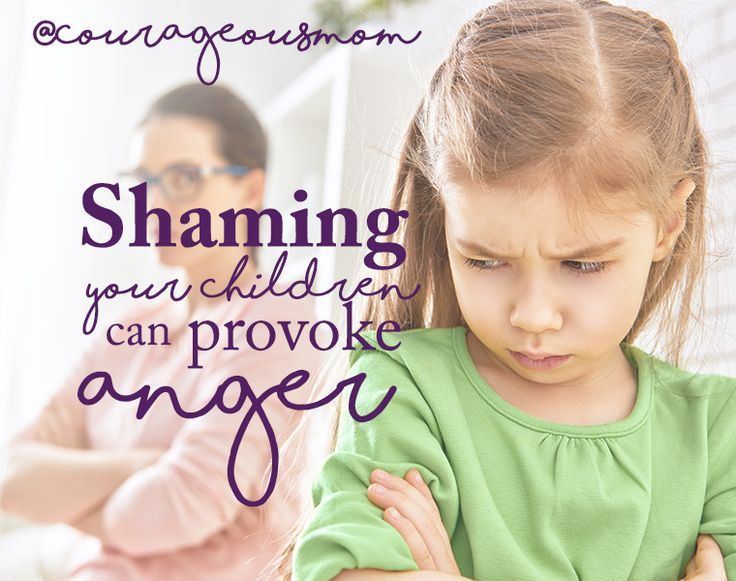
Decide for yourself which behavior of the child will require a mandatory response, and which is permissible at certain moments. Not all manifestations of discontent and disrespect may require an immediate reaction and a serious conversation. For example, forbidding your daughter to wear a light blouse because of the cool weather, you run the risk of rolling your eyes and responding with the phrase “Well, of course, of course, you know best.” By the way, in most cases, the eyes will roll when you turn away, and the comment is pronounced mentally. But if you nevertheless witnessed such a reaction, then this is not a reason to talk about disrespect. If it becomes the norm for the child, and he demonstrates it under any circumstances, then it is necessary to discuss his behavior. nine0003
Talk to your child about examples of disrespectful behaviour. Children, including younger students, still cannot recognize all the subtleties of behavior, intonation, facial expressions and other behavioral manifestations.
Teach your child to look for alternative ways to solve problems. Rudeness, disrespect and aggression are not the best methods of solving problems. And in order to convey this to the child, it is necessary to constantly speak with him various situations - both real and abstract. A good method is to conditionally change roles with the child and offer to tell how he would behave in this or that situation, being a parent. nine0003
Remember to encourage respectful behaviour. Parents should pay attention to situations where the child behaves respectfully. This behavior should be positively reinforced so that the son/daughter feels old enough to try to behave accordingly.
Do not take responsibility for a child's disrespectful behavior. When a child suddenly begins to argue or behave rudely with parents in front of outsiders, they become ashamed, because they take responsibility for this behavior.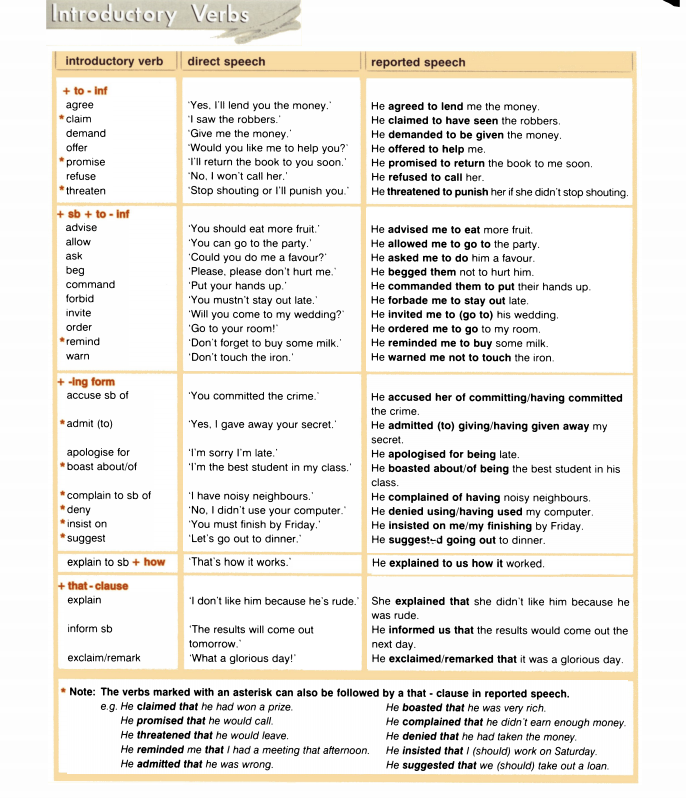 In fact, the responsibility remains with the child. But the task of parents is to understand the reasons and do everything possible to eliminate them. But this must be done, of course, already alone, and at this unpleasant moment it is necessary to behave calmly and with restraint, inviting the child to discuss the situation later. nine0003
In fact, the responsibility remains with the child. But the task of parents is to understand the reasons and do everything possible to eliminate them. But this must be done, of course, already alone, and at this unpleasant moment it is necessary to behave calmly and with restraint, inviting the child to discuss the situation later. nine0003
Important! The advice and examples that are given in this material relate specifically to those cases where the child's disrespectful behavior towards parents is mild or moderate. Often in adolescents, such behavior becomes a manifestation of oppositional behavior and takes the form of more serious violations of generally accepted norms. In such cases, professional help from a child psychologist may be required.
Sofia Shevchenko
Photo from psy-files.ru
Are you able to share the views of today's teenagers?
Teenagers live in a world that is different from the world their parents lived in as teenagers, so misunderstandings between them are always relevant.



